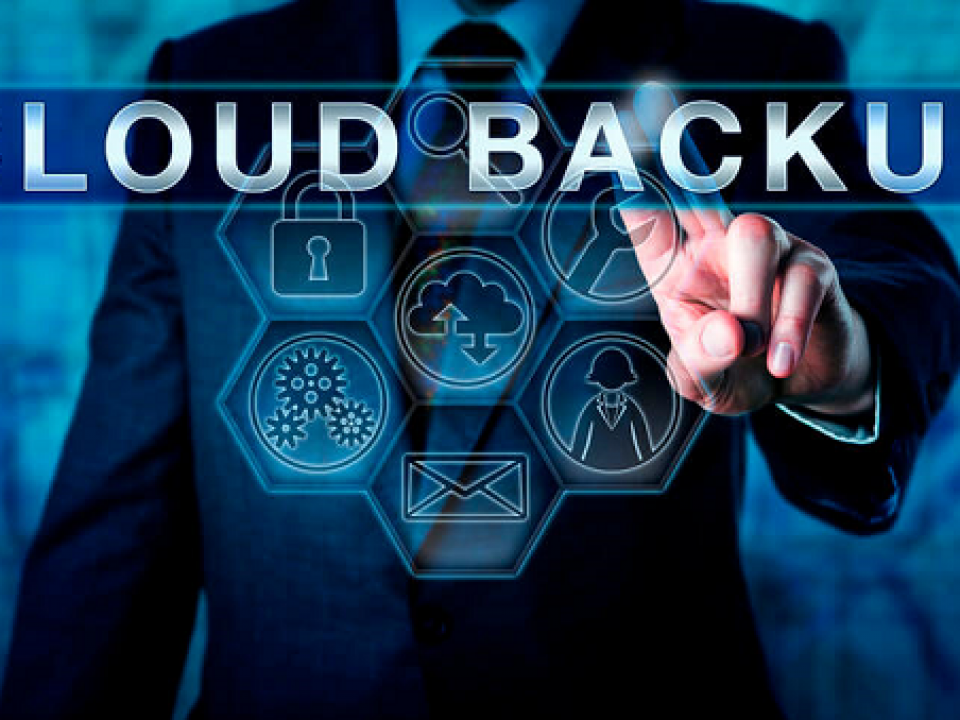Managed IT services can boost your business in a number of ways:
Overall, Computer Troubleshooter's B.E.S.T. Managed IT services can help your business save money, operate more efficiently, and take advantage of the latest technology and best practices, all while allowing you to focus on running your business.
Read More...


